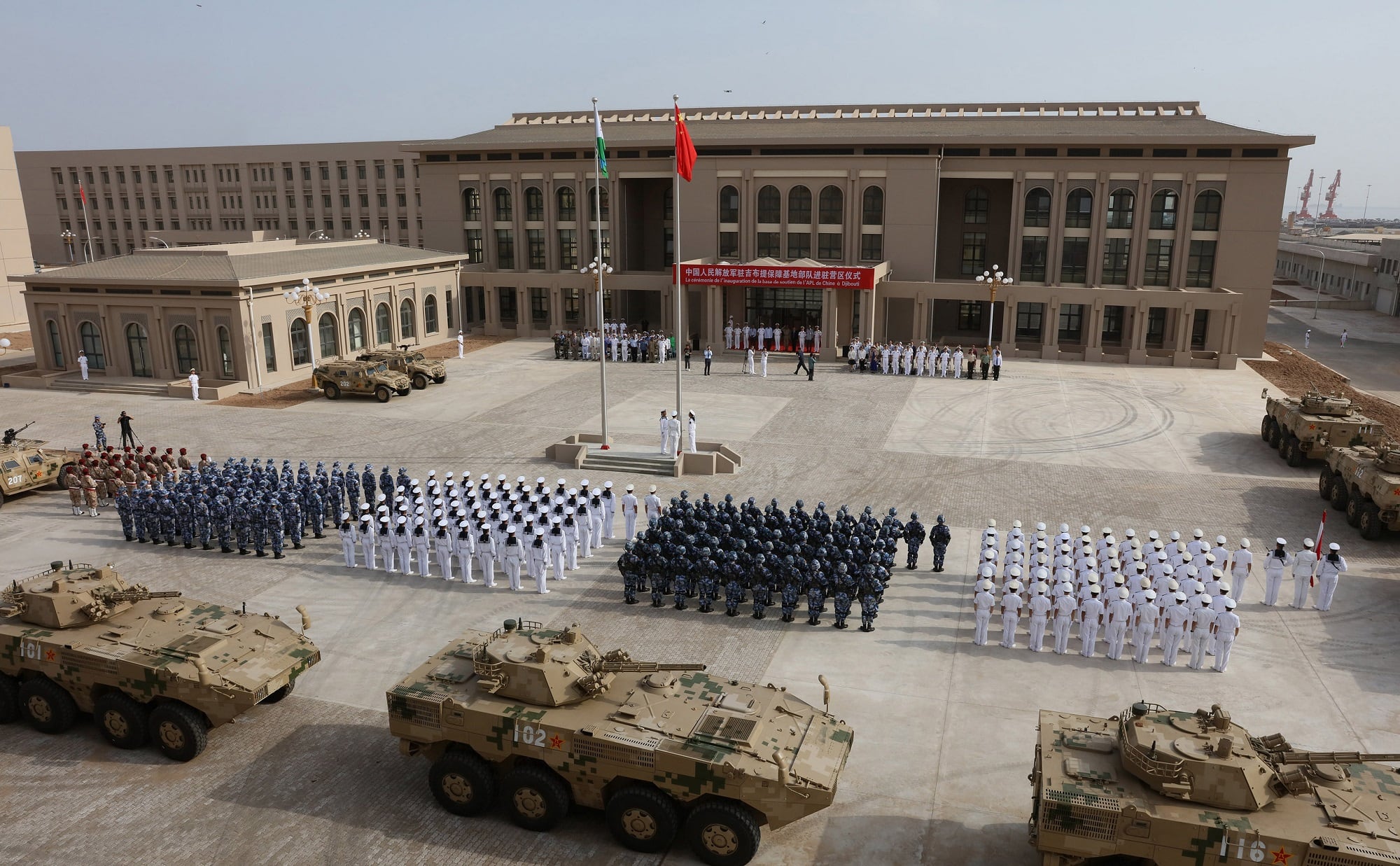The heads of the Navy and Marine Corps criticized China’s attempts to expand its global reach during a House hearing Wednesday.
Beijing is overseeing a “Belt and Road” plan that seeks to extend roads to the west of the country and build up far-flung ports as part of a $1.4 trillion initiative its leaders say will buttress trade routes.
But Navy Secretary Richard Spencer said Beijing’s effort to finance ports and other developments that stretch from East Africa across the Indian Ocean is an example of the west Pacific’s rising “weaponizing capital.”
Chinese funding for a Sri Lankan port project is not being done via foreign aid, but through a secured loan “with a hefty coupon,” Spencer told lawmakers on the House Appropriations Committee.
Those efforts to extend influence beyond their own backyard are in addition to the big money being spent by Beijing on its military and technological research and development, Spencer said.
“They’re doing that around the globe,” he said. “Their open checkbook keeps me up at night.”
Marine Corps Commandant Gen. Robert Neller said the Chinese are playing a long game that features a global reach.
China wants to extend their reach and influence while avoiding an outright fight, he said.
RELATED

“Everywhere I go, they’re there,” Neller told the committee. “Their concern for human rights is not there, and they’ve got big bags of cash.”
At the same time, the U.S. military is facing a Russian force that has reconstituted itself in several realms, including undersea, strategic weaponry and aviation, Neller said.
“I don’t think they want to fight us personally, but they want to impose their will,” he said.
Their comments come days after Moscow showed off new ballistic missiles and underwater nuclear drones.
Moscow has been able to use its military involvement in Syria as a “live-fire” test for some of its reconstituted systems, Neller said.
“It’s something we watch,” he said. “That’s why we’re here.”
Spencer said the Russians “never let up” when it comes to developing underwater capabilities, but it remains unclear how long the Russian economy can sustain such a military buildup.
“In the immediacy, it does concern me,” Spencer said.
Their answers came in response to a lawmaker’s question during a budget hearing about what keeps the leaders up at night.
Chief of Naval Operations Adm. John Richardson echoed Neller and Spencer’s concerns, and added that getting the Navy on a regularly funded budget schedule, “a return to normal order on the domestic side,” would also help him sleep better.
Geoff is the managing editor of Military Times, but he still loves writing stories. He covered Iraq and Afghanistan extensively and was a reporter at the Chicago Tribune. He welcomes any and all kinds of tips at geoffz@militarytimes.com.




